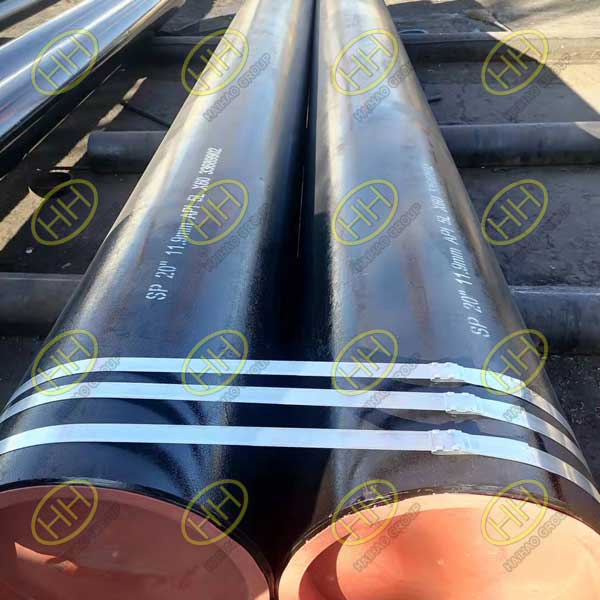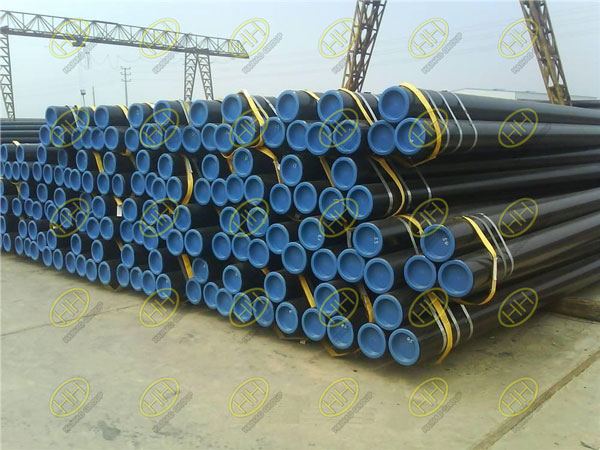Elevating standards: understanding API 5L PSL1 and PSL2 steel pipes
In the world of steel pipes, adherence to quality standards is paramount. The API 5L steel pipe standard is a vital guideline, and it classifies steel pipes into two distinct quality levels known as PSL1 and PSL2, with PSL representing Product Specification Level.
PSL1 sets out general quality requirements for pipeline steel pipes. The steel grades, which indicate the minimum yield strength of the pipe, such as L290 (with 290 MPa as the minimum yield strength), are the same as the steel grades or designations like X42, where 42 represents either the minimum yield strength or the rounded-up minimum yield strength in psi. These steel grades are formed using letters or a combination of letters and numbers that identify the strength level of the pipe and are directly associated with the chemical composition of the steel.
PSL2, on the other hand, introduces additional mandatory requirements concerning chemical composition, notch toughness, strength properties, and supplementary non-destructive examination (NDE). Similar to PSL1, PSL2 pipes are identified using a combination of letters or letters and numbers to represent the strength level of the pipe. These designations are related to steel grades and the chemical composition of the steel. In addition, a suffix, typically a single letter (R, N, Q, or M), indicating the delivery condition, follows these designations. For PSL2, after the delivery condition, there is another letter – ‘S’ (for sour service environments) or ‘O’ (for offshore service environments), signifying the service condition.
Quality Standard Comparison
Higher Standards for PSL2: PSL2 boasts higher quality standards compared to PSL1. These two specification levels differ not only in inspection requirements but also in terms of chemical composition, mechanical performance requirements, and more. Therefore, when ordering according to API 5L, the contract terms must specify the product specification level, i.e., PSL1 or PSL2. PSL2 imposes stricter requirements across chemical composition, tensile strength, impact testing, and non-destructive testing.
Impact Testing: PSL1 does not require impact testing, while PSL2 mandates full-size impact testing at 0°C (32°F) for all grades except X80. For PSL2, the average impact energy (Akv) for full-size samples must be at least 41J in the longitudinal direction and 27J in the transverse direction. For X80 grade, it’s even higher, with a requirement of 101J in the longitudinal direction and 68J in the transverse direction.
Non-Destructive Testing: PSL2 requires non-destructive testing for each pipe, while PSL1 does not require it. This is a significant distinction between API standards and standards in other regions.
Haihao Group takes pride in offering steel pipes that comply with the highest industry standards, whether it’s API 5L PSL1 or PSL2. Our commitment to quality ensures that your projects benefit from top-tier products, each designed to meet and exceed the rigorous demands of the industry. With us, you can trust that your steel pipe needs are not only met but also elevated to a new level of precision and reliability.


